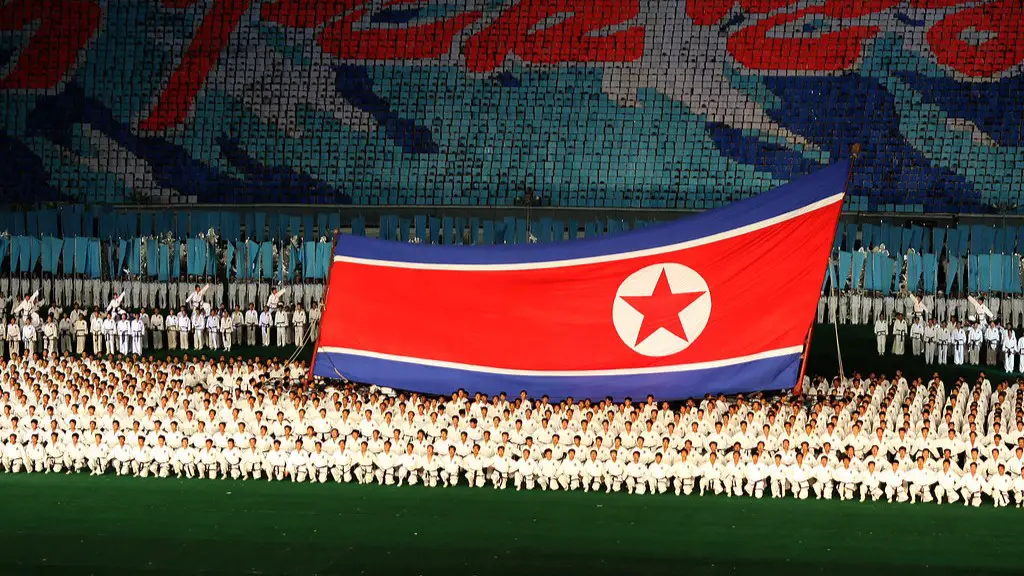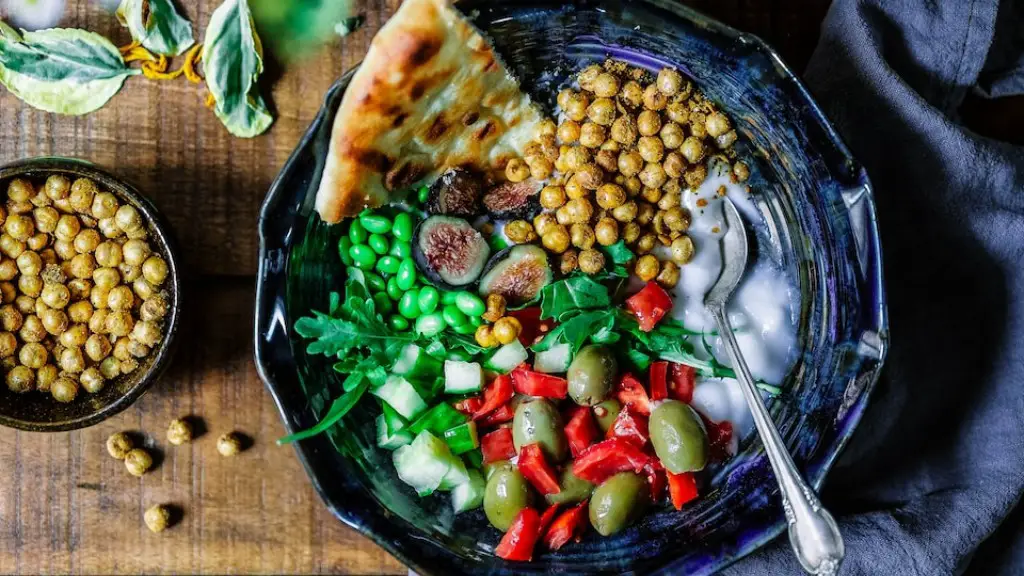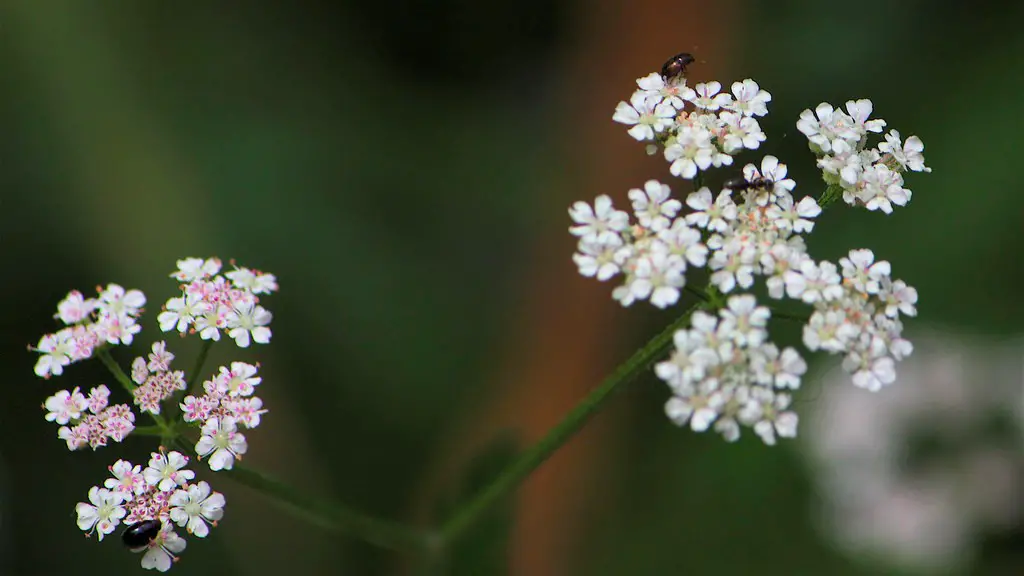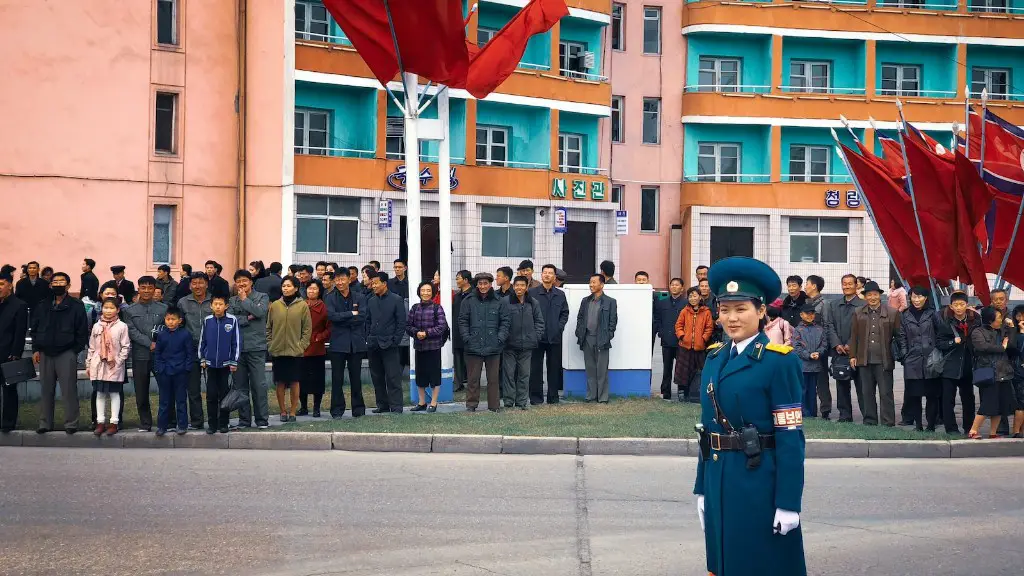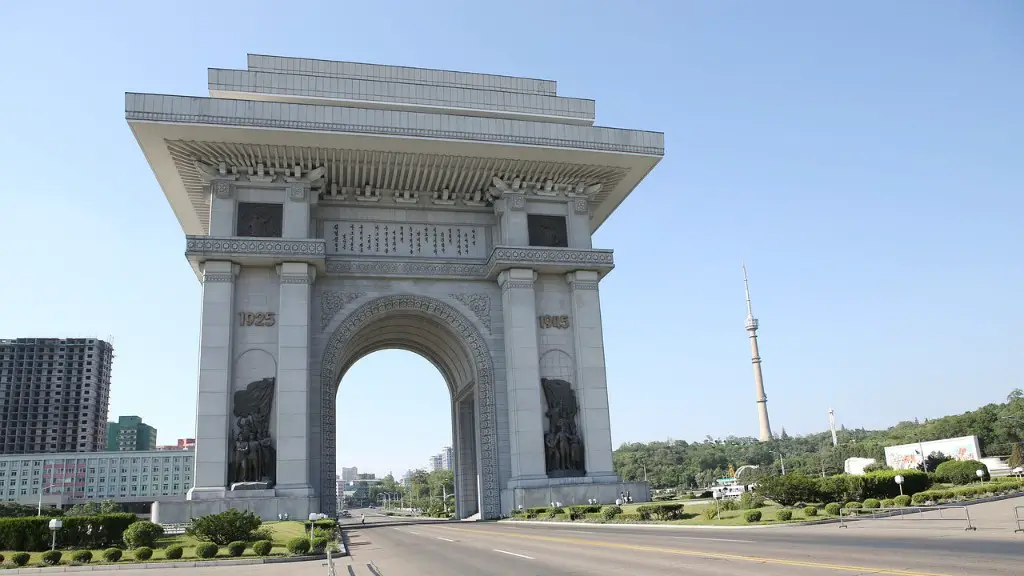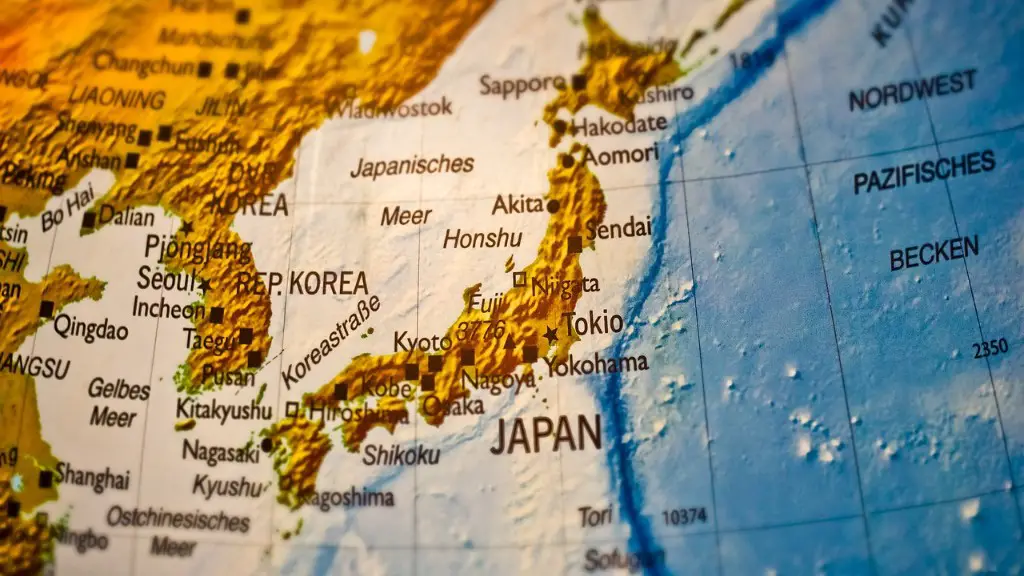Religious Practices Allowed in North Korea
North Korea follows a closed system of government and has been traditionally themed on atheism, in their constitution and in the state’s political ideology, national idolization of Kim Il-sung, and the ideology of juche. Despite this, evidence of a continued religious practice among the wider population still persists today.
Approximately 70% of North Koreans adhere to a combination of traditional Chaesŏn cult practices and beliefs, along with ancestral worship, Buddhism and a variety of folk religions. This intertwining of traditions and beliefs has resulted from the North Korean government’s liberal policy towards traditional spiritual matters, as long as people’s religious attachment does not interfere with the adoration of Kim Il-sung and state’s political ideology.
North Korea also allows the worship of Christianity and Confucianism. According to Bishop Kim Yong-mee, North Korea permits the practice of Christianity as long as it does not oppose or threaten the state and does not create such a political unrest that might potentially end up threatening the security of the country. Similarly, John Feffer, the co-director of Foreign Policy in Focus at the Institute for Policy Studies, believes that North Korea permits the practice of Buddhism and Confucianism as well, although authorities restrict any large organized religious activities.
Despite traditional religious practices being tolerated, the North Korean government still puts restrictions in place to limit the spread of religion. For instance, foreign preachers are barred from activities in North Korea. In addition, Foreign Evangelical Christianity, although tolerated within the country, is highly regulated and monitored by the state as It has been observed that it may potentially disturb the ruling ideology of Pyongyang.
North Korean Citizens Views on Religion
The majority of North Koreans are still unaware of the existence of foreign relgions and their ideologies. This learning gap is a result from the North Korean authorities due to the fact that religion is rarely discussed in the country, and there are limited educational materials on the topic. As a result, most North Koreans lack the knowledge and religious education required to remain spiritually updated.
Additionally, many North Koreans view religion as part of the country’s cultural identity and heritage, without assigning any authoritative power to it. People practice their religion out of respect for their ancestors and to provide thanks for the things that have been granted to them. This sentiment remains widely adhered to, based on the traditional religious practices which many North Koreans value deeply.
Export Religion Specialist, Hea-Jin Yun has stated “Many young people, who have grown up under extremely harsh and difficult environments of North Korea, would seek doors of relief from the overwhelming pressure of life through religion. There is also an increasing level of people who have begun to seek Christian faith due to the growing sense of belief in life after death.”
Religious Freedom in North Korea
Religious freedom remains heavily restrained in North Korea, despite the presence of traditional practices. Religious life throughout the country continues to be monitored and persecuted by the North Korean government. According to a 2016 report by The United States Commission of International Religious Freedom, these restrictions, which include surveillance, discrimination, surveillance, arbitrary arrest, and detention, have significantly hindered the freedom of religious practices and worship in the country. This has continued to limit the presence and spread of foreign religions, as well as restrict traditional practices among the population.
Despite this, reports have indicated a potential shift in the religious ideology of North Korea in recent years. The country has addressed increasing demands from international organizations to improve religious freedom and rights. This includes steps taken to improve religious-minority rights and their access to basic resources, such as food and clean water. North Korea has also allowed foreign organisations to help and assist in the development of religious infrastructure within the country, such as the construction of churches and temples.
It is uncertain however, whether or not North Korea is genuinely trying to increase the freedom of its citizens in this regard, or if these actions are simply facade which aim to cover up the state’s covert religious persecutions. Whilst it may take some time, it is ideal that North Korea and its citizens are granted the right to properly practice and worship religious beliefs without fear of punishment or detention.
Effects of Religious Restrictions on North Korea
Unfortunately, the restrictions in place for religious practices have heavily impacted citizens in North Korea. Reports have clearly indicated instances of torture, rape, harassment and discriminations against people who practice religious activities or adhere to certain religions, such as Christianity and Islam.
According to the U.S. Department of State’s Annual International Religious Freedom Report (2017), these instances of harassment, torture and discrimination continue to persist today and are said to be among the worst human rights violations in the world.
However, the effects of religious persecution are not only limited to physical harm, but also extend to psychological abuse. According to Joshiyan Park, Former Blacklist Director at International Christian Concern, “the legislation and the imprisonment, not only causes physical abuse, but death, rather, psychological and spiritual abused on the victims. In North Korea, even a whisper of faith could be cause for punishment”
He added that North Koreans are not allowed to freely practice religion and are discouraged from doing so, out of fear for their lives, as government authorities often punish people by sentencing them to harsh labor camps for the slightest involvement in religious activities.
Foreign Religious Aid to North Korea
Although foreign North Korean churches are mostly operational outside of North Korea’s borders, a number of aid programmes have been set up to assist citizens inside the country. This has allowed churches to collect and ship relief aid in the form of everyday commodities to North Korean citizens, to provide reprieve from the country’s uncertain economic state.
These acts of faith have been lauded as selfless and generous on part of the Christian communities across the world. In addition, some churches are also providing monetary support to families with members imprisoned in the country, whilst others have funded the construction of churches and bible sponsorship programs in regions inside North Korea.
Similarly, relief organisations such as the American Friends Service Committee’s North Korea Programme and Good Friends – Centre for Peace, Human Rights and Refugee Issues have been actively providing medical relief, investment and agricultural support to North Korean families living in rural areas.
These efforts have been recognised as a great success, with Fred Dokgo, a project coordinator at Good Friends, suggesting that this aid is essential for providing basic necessities to families in need and that “it is the first step to promote human rights and the fostering of the North Korean civil society”.
International Pressure to Improve Religious Opportunities
International organisations have continued to increase pressure by addressing human rights violations regarding religion in North Korea. Various Christian and non-Christian organisations, such as the Korean Peninsula Initiative and its religious wing, Open Doors, have also lobbied to address the situation in an attempt to ensure that all North Koreans would be allowed the opportunity to practice a religion in a safe environment.
Moreover, Open Doors have also recommended that the country should ensure that it operates a neutral stance in terms of religious freedoms, by abstaining from punishing those who practice religion, as well as promoting religious practices and the rights of the people which are listed within the universal declaration of human rights.
In August 2017, The UN Special Rapporteur on the situation of human rights in North Korea, Tomas Ojea Quintana, raised awareness about the issue surrounding religious freedom to the UN General Assembly, a move which stoked international attention regarding North Korea’s religious rights.
It is clear that the international community is deeply concerned about the lack of religious freedom in North Korea and will continue to address this issue until changes have been made and are properly implemented.
Changes to North Korea’s Religions Opportunities
In recent years, some changes have been made in terms of religious practices in North Korea. In 2009, the government officially recognised the birthday of Kim’s father, Kim Il Sung, as the national celebration and is celebrated as Day of the Sun.
Since Kim Il Sung’s birthday appears on the Korean calendar as the 15th day of April, the date automatically coincides with Easter each year and is celebrated in wide fashion. According to former Minister of Security Kim Pong Kop, Easter services and celebrations are now being held all across the country, showing that, in some sense, North Korea’s ideology is beginning to tolerate and accept, even if on a micro-scale, a traditional religious practice to some extent.
In addition, reports have indicated that the North Korean government has recently allowed churches to operate funerals in honour of their deceased members, a practice which was previously not allowed under state-ordered atheism. This suggests that North Korea may be attempting to open its doors to religious practices, as long as they remain within the limits of the state-ordered ideology.
Conclusion
Religion remains a sensitive matter in North Korea and is still heavily restricted, despite the presence of traditional practices. This has continued to limit the rights of all North Koreans, causing physical and psychological harm. Although steps have been taken to improve religious freedoms and lessen the restriction on their practices and beliefs, it will take some time to develop an environment in which North Koreans are able to practice and adhere to their religious beliefs without fear of punishment or discrimination.
